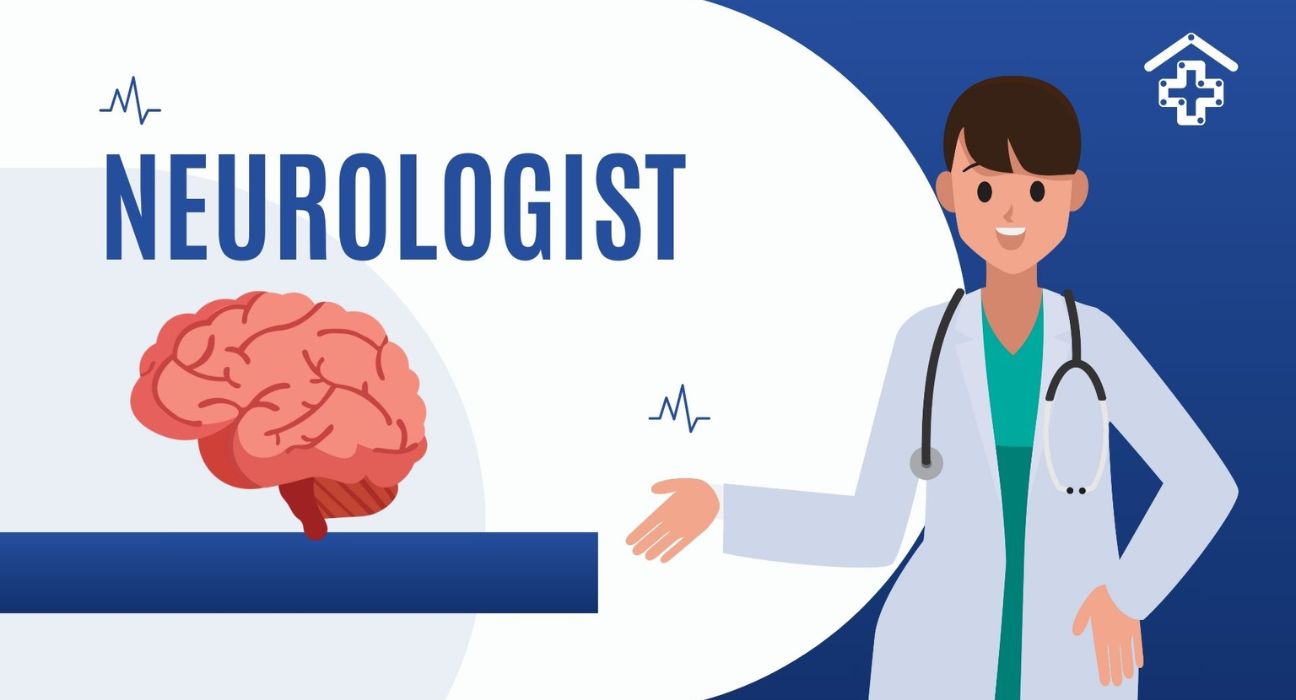Introduction to Alarms and Blood Pressure
In today’s fast-paced society, many of us rely on alarm clocks to start our day. However, recent advice from a neurologist suggests that this common morning routine may have unintended consequences for our health. Waking up to the sudden sound of an alarm can lead to a ‘significant upsurge’ in blood pressure. This revelation urges us to consider the physiological impacts of abrupt awakenings on our bodies. Understanding these effects is crucial, as elevated blood pressure poses potential health risks. In this blog post, we will explore the science behind this phenomenon and examine alternative waking methods to promote better well-being.
The Science of Alarms and Blood Pressure
The body’s physiological response to sudden awakenings can be surprisingly intense. When an alarm abruptly disturbs our sleep, it triggers the body’s ‘fight or flight’ response. This stress reaction results in an immediate release of adrenaline, which, in turn, causes the heart to beat faster and blood vessels to constrict. Consequently, there is a notable increase in blood pressure. This sudden rise can be especially concerning for individuals already managing hypertension or other cardiovascular conditions.
Discoveries by the Neurologist
Through rigorous research, the neurologist has identified that waking abruptly to an alarm can lead to a sustained rise in morning blood pressure levels. This observation is pivotal, as it unveils a previously unconsidered element in our daily routines that can affect cardiovascular health. The research highlights how the body’s stress response to sudden awakenings can have cumulative effects, contributing to chronic hypertension. These findings suggest that our reliance on traditional alarm clocks may need re-evaluation. By considering the neurologist’s discoveries, we gain insight into how everyday habits can impact our health. This understanding encourages a shift towards more gentle waking practices, which may help mitigate the health risks associated with alarm-induced stress.
Possible Health Concerns
The consistent elevation of morning blood pressure caused by alarm clocks poses more than a fleeting concern. Persistently high blood pressure can strain the cardiovascular system, leading to serious health issues over time. Individuals with pre-existing conditions, such as hypertension or heart disease, are particularly vulnerable to the adverse effects of sudden awakenings. The stress induced by abrupt morning alarms can exacerbate anxiety levels, potentially contributing to mental health challenges as well. Beyond immediate cardiovascular risks, chronic exposure to this type of stress can also affect metabolic health, potentially leading to complications like diabetes. Thus, understanding and addressing the long-term impact of alarm-induced stress is vital for overall well-being.
Alternative Methods for Waking Up
Considering the potential health implications, exploring alternative methods for waking up becomes essential. One option is to use a wake-up light alarm, which gradually increases light intensity, mimicking a natural sunrise. This method can help ease the transition from sleep to wakefulness without the sudden jolt of a traditional alarm. Additionally, using gentle sounds that gradually increase in volume can also provide a more soothing wake-up experience. By integrating these alternatives, individuals can start their day in a more relaxed and health-conscious manner. Experiment with nature sounds, such as birdsong or ocean waves, which can create a calming atmosphere. Another strategy is to utilise sleep cycle alarms, which monitor sleep patterns and wake you during a lighter sleep phase. This approach can reduce the shock to the system, promoting a more serene morning routine. Integrating these methods into your daily life can foster a gentler start to the day, aligning better with your body’s natural rhythms.
